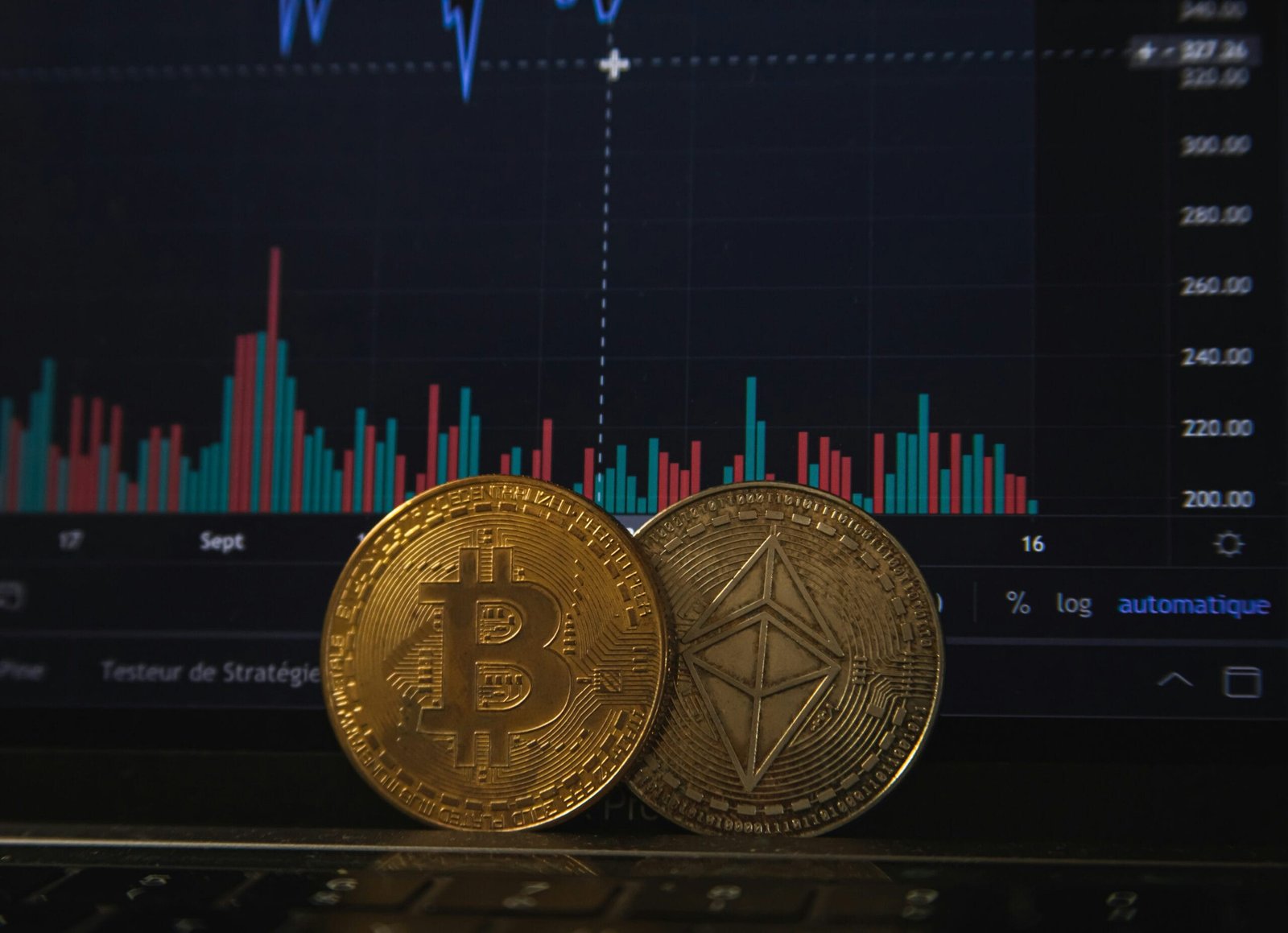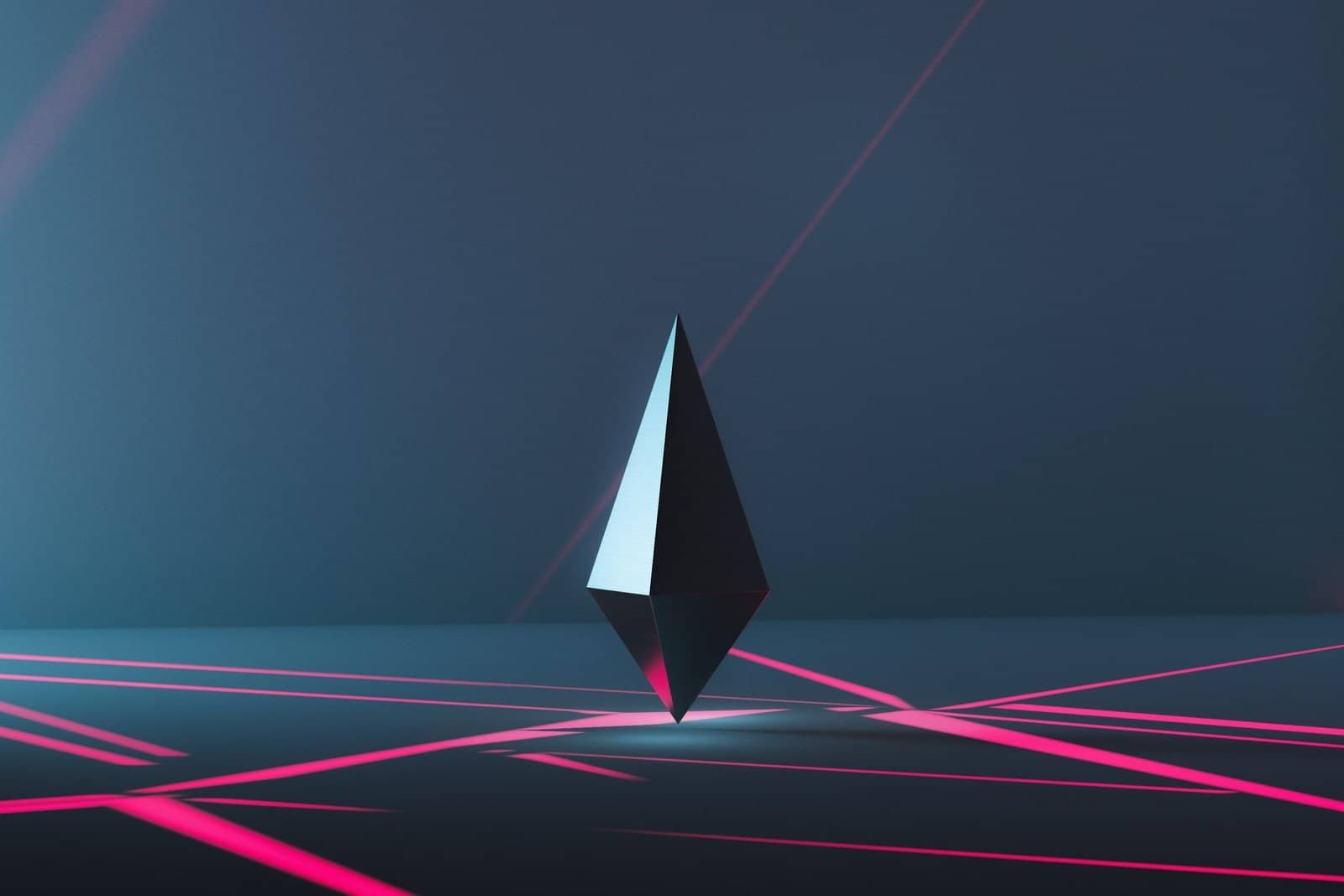Have you ever wondered what it takes to become a blockchain developer? It’s an exciting field that’s growing rapidly, and for good reason: blockchain technology is transforming everything from finance to supply chains, and there’s plenty of opportunity for innovation. If you’re curious about this cutting-edge career path and want to understand what it entails, you’ve come to the right place. Let’s explore what it means to be a blockchain developer and how you might carve your own route into this field.
What is Blockchain?
Let’s start at the beginning: what is blockchain? At its core, a blockchain is a distributed ledger that records transactions across multiple computers. It’s designed to be secure, transparent, and immutable, meaning once data is recorded, it cannot be altered retrospectively. This foundational understanding helps set the stage for appreciating what blockchain developers do.
The Appeal of Blockchain Technology
Blockchain’s appeal lies in its ability to provide decentralization, enhanced security, and increased transparency. In industries where trust is paramount, like finance and healthcare, blockchain offers innovative solutions by minimizing fraud and enhancing efficiency. As organizations continue to adopt this technology, the demand for skilled blockchain developers grows exponentially.
The Role of a Blockchain Developer
Blockchain developers create systems that record and store blockchain data. They work with blockchain protocols and design the architecture of blockchain systems. But let’s break down these responsibilities to gain a clearer picture.
Blockchain Developer Responsibilities
- Building Infrastructure: You’d be responsible for creating the structure upon which the blockchain system runs. This involves developing consensus protocols and ensuring the systems are efficient and secure.
- Developing Smart Contracts: A significant portion of the work involves writing and testing smart contracts, which are self-executing contracts with the terms of the buyer-seller agreement directly written into lines of code.
- Integration of Blockchain Services: Connecting blockchain protocols with other services and systems is another vital task. Your job may involve integrating blockchain solutions with legacy systems and databases.
- Troubleshooting Issues: Like in any other tech position, problem-solving skills are necessary to debug and resolve issues within blockchain networks.
Skills Required for Blockchain Development
Technical Skills
- Proficiency in Programming Languages: Languages such as Java, C++, Python, and Solidity are commonly used in blockchain development. Your ability to write clean and efficient code in these languages is paramount.
- Understanding Distributed Systems: Since blockchain is a type of distributed system, having a strong knowledge base in this area is critical.
- Cryptography: A firm understanding of cryptographic hashing and encryption techniques ensures you can secure blockchain assets effectively.
Soft Skills
- Problem-Solving: You need to be great at figuring out how to overcome technical challenges, especially those unique to blockchain technology.
- Communication: Collaborating with other developers and non-technical stakeholders requires clear and concise communication.
- Teamwork: Often, you’ll work as part of a team, so being able to work well with others is key.

Becoming a Blockchain Developer
The path to becoming a blockchain developer isn’t necessarily linear, but here are the steps you might take to get there.
Educational Background
While there’s no strict educational requirement, having a degree in computer science, information technology, or software engineering can certainly help. Courses in mathematics, data structures, and networking are especially beneficial.
Gaining Experience
Contribute to Open Source Projects: Engagement with the community can be invaluable. Not only does it provide hands-on experience, but it also lets you connect with other developers who are passionate about blockchain.
Pursue Internships: Internships can provide a structured environment to hone your blockchain skills and offer close mentorship from experienced professionals.
Continuous Learning
Blockchain is a fast-evolving field. Staying up-to-date with the latest trends and technologies is essential. Online courses, certifications, and webinars can be incredibly helpful. Organizations like the Blockchain Council offer certifications in various aspects of blockchain technology.
Networking
Attend conferences, join hackathons, and participate in blockchain forums. Networking is a great way to learn from others and possibly discover job opportunities in this niche field.
The Future of Blockchain Development
With blockchain technology becoming increasingly integrated into mainstream applications, the future looks bright for blockchain developers. Demand is strong in several sectors, such as finance, supply chain management, healthcare, and even government. Here’s a glimpse at how it’s transforming various industries.
In Finance
Decentralized Finance (DeFi) is one of the most attractive aspects of blockchain for financial sectors. It allows for trustless, peer-to-peer transactions, reducing the need for intermediaries and thus lowering costs and time delays.
In Supply Chain
Blockchain’s transparency makes it ideal for supply chain management, where tracking the origin and journey of a product is crucial. The technology provides real-time data and increases accountability among all parties involved.
In Healthcare
Blockchain’s immutable record-keeping is highly beneficial for healthcare data management, allowing secure patient data tracking while maintaining privacy.
Government Applications
For governments, blockchain offers improved record-keeping and transparency. Whether it’s in voting, identification, or public services, the potential applications are vast.

Important Tools and Technologies
As a blockchain developer, you’ll frequently interact with specific tools and technologies:
Blockchain Platforms
- Ethereum: Known for its smart contract functionality, Ethereum is popular among developers for building decentralized applications (DApps).
- Hyperledger Fabric: This is a permissioned blockchain infrastructure known for high flexibility and modularity, making it suited for enterprise applications.
- Ripple: Primarily focused on payment solutions, Ripple is another platform often used by blockchain developers.
Frameworks and Libraries
- Truffle: A development framework for Ethereum, it offers built-in smart contract compilation, linking, deployment, and binary management.
- Ganache: Often used alongside Truffle, Ganache allows you to deploy contracts, develop applications, and run tests in an in-memory blockchain.
- Web3.js: A JavaScript library that allows you to interact with an Ethereum blockchain via HTTP or IPC connections.
Development Environment
- Smart Contract Testing Tools: Use tools like Remix for writing, testing, and debugging Solidity smart contracts.
- Version Control Systems: Familiarity with Git is essential for tracking changes and collaborating with other developers.
Challenges Faced by Blockchain Developers
Despite the exciting landscape, being a blockchain developer does come with challenges.
Scalability Issues
Transaction processing can be slow when networks get too crowded, posing a scalability challenge. Developing solutions to improve transaction throughput without compromising security remains a critical focus.
Security Concerns
Blockchain systems, while secure by design, are not immune to vulnerabilities. A bug in a smart contract can lead to severe repercussions, so rigorous testing is essential.
Regulatory Environment
The blockchain and cryptocurrency space is still relatively new, and regulations are continuously evolving. Adapting solutions to comply with legal requirements across different jurisdictions can be challenging.
Energy Consumption
Blockchain, particularly proof-of-work systems like Bitcoin, is known for its high energy consumption. Developers often face the challenge of finding more sustainable ways to maintain these systems.

Conclusion: Is Blockchain Development Right for You?
Becoming a blockchain developer offers an exciting opportunity to be at the forefront of a technological revolution. It demands a blend of technical prowess, creativity, and continuous learning. If you’re passionate about innovation and solving complex problems, it could very well be the perfect fit. There’s a landscape of possibility in blockchain; it’s just waiting for you to build upon it.
Whether you’re looking to dive into smart contracts or innovate in fintech, the next big thing could be just a keycode away. Remember that patience and perseverance go a long way in mastering blockchain development. With these traits, along with a dedication to learning, you can certainly thrive in this dynamic field. So roll up your sleeves and get ready to explore the future. Because, after all, isn’t shaping the future part of what makes this journey so enticing?

